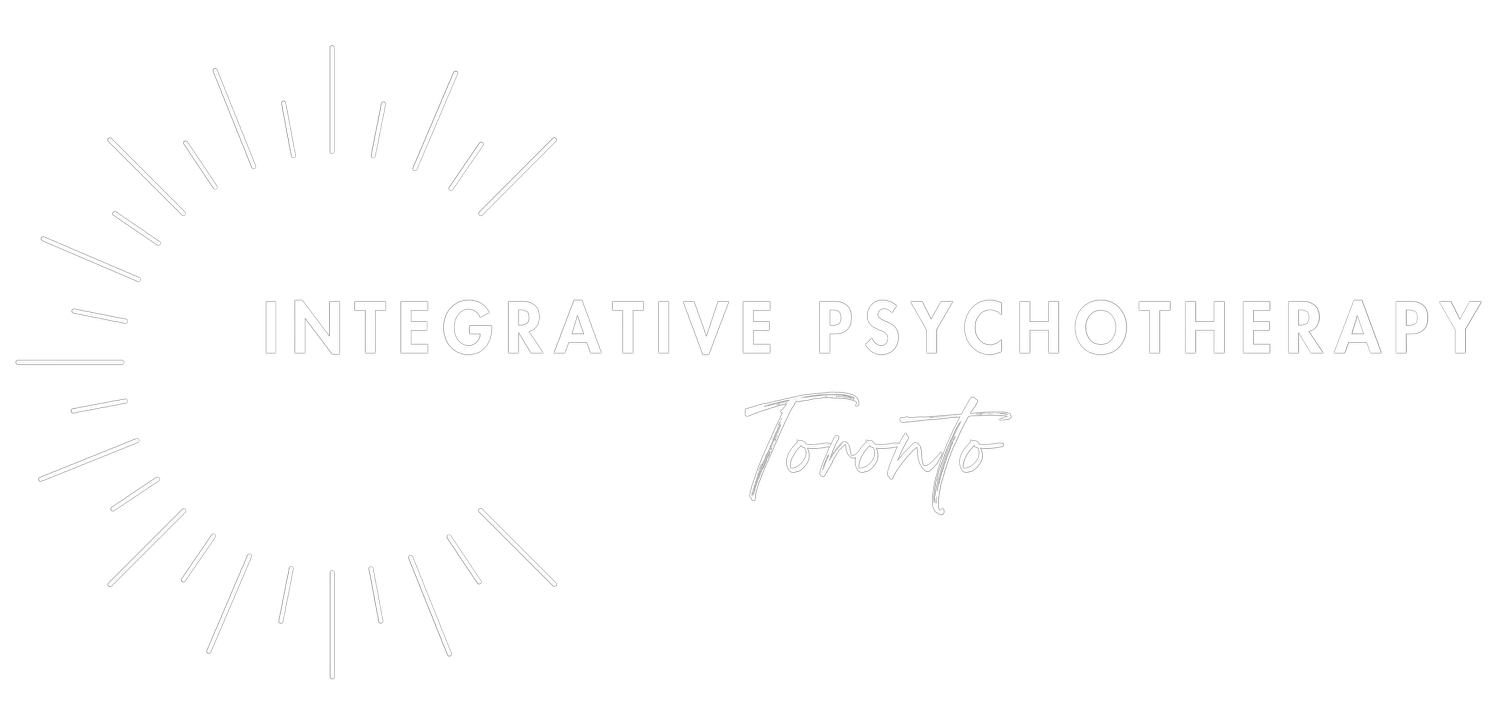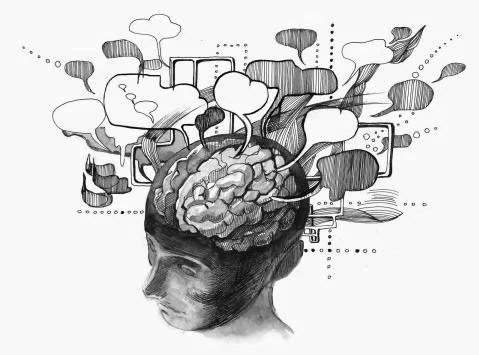Shining a Light on the Shadows: The Use of EMDR in Depression
Key points:
In this short form article, we take a brief look at the use of EMDR therapy in the treatment of depression; what EMDR is, how it can help with depression, and what the benefits are.
If you’re interested in a taking a deeper dive into the topic of EMDR, check out Deep Dive: EMDR, A Primer For Patients.
Depression can feel like a dark shadow that constantly hangs over us, leaving us feeling hopeless and helpless. While there are a number of different treatment options available for depression, including medication and psychotherapy, many people find that these approaches do not provide the level of relief they are seeking. For these individuals, Eye Movement Desensitization and Reprocessing (EMDR) therapy offers a promising approach to managing and reducing symptoms of depression.
What is EMDR Therapy?
EMDR is a type of psychotherapy that uses eye movements to help individuals process and integrate difficult experiences. During EMDR therapy sessions, individuals will focus on a trigger or difficult experience connected to the depression, while their therapist guides them through a series of eye movements. This bilateral stimulation of the left and right hemispheres of the brain activates the brains natural processing mechanisms (the ones that are at work at night, during REM sleep), helping the system work through the experience. The goal of EMDR therapy is to help the client move from a state of distress to a state of resolution and healing.
The Power of EMDR in Managing DEPRESSION
Depression is often associated with unresolved emotional or psychological issues, such as traumatic memories, negative self-talk, or limiting beliefs. EMDR works by accessing and processing the underlying root causes of depression - the stored memories, emotions and negative thoughts that are the source of the distress. During the therapy session, the client focuses on those underlying root causes while following the therapist's bilateral stimulation, such as eye movements, allowing them to process and integrate these experiences. This leads to a reduction in the distress associated with the experiences and a corresponding decrease in depression symptoms.
Think of EMDR as a lighthouse that shines a light on the shadows of depression, helping individuals process and integrate the memories and associations that are at the heart of their depression. By reducing the emotional impact of these experiences, EMDR therapy can loosen their grip, allowing depression to lift.
The Use of EMDR in DEPRESSION
EMDR therapy is particularly effective in addressing symptoms of depression, as it allows individuals to process and integrate the memories and experiences that may be contributing to their depression.
As the roots of depression are processed, new perspectives naturally begin to form and depressive symptom reduce. Through repeated processing, the stored memories and negative beliefs lose their power and the individual is able to experience a greater sense of ease and well-being.
Benefits of Using EMDR in Depression
EMDR has been shown to be an effective treatment for a range of depressive disorders. Some of the benefits of EMDR for depression include:
Reduced symptoms of depression and distress: EMDR has been shown to significantly reduce symptoms of depression and psychological distress
Improved energy and motivation: Many individuals with depression report struggling with energy and motivation. EMDR has been shown to improve energy and motivation, helping people re-engage with life.
Increased self-esteem and confidence: EMDR can help individuals challenge and overcome negative beliefs and experiences that have contributed to their depression. This can lead to increased self-esteem and confidence, which can have a positive impact on overall mental health.
Better relationships: Depression can strain relationships and lead to social isolation. EMDR can help individuals resolve past traumatic experiences and negative beliefs that are impacting their relationships, leading to improved communication and deeper connections with others.
Conclusion
The use of EMDR in depression offers a unique and promising approach to managing symptoms of depression. If you are struggling with depression, consider seeking an EMDR therapist who can help guide you on your journey to healing and reducing your symptoms. By taking advantage of this powerful therapy, you can work to shine a light on the shadows of depression and improve your overall well-being. Remember, healing and recovery are possible, and there is help available. You are not alone.
Looking for More?
If you’re interested in learning more about EMDR, we have lots of information to geek out on! You might enjoy:







